The Marine Mammal Center in Sausalito, California plays a critical role in the survival of many marine mammals along the northern and central California coast. Founded in 1975 on a former Nike Missile site in the Marin Headlands, it took in its first seven patients. Much has changed since then and the Center is now one of the largest marine hospitals in the world to combine animal rehabilitation with an onsite research lab. It can care for up to 200 animals at once and treat more than 600 in a year.
Attending a marine mammal release is such an uplifting experience. Seeing plump healthy patients, once on the brink of death given a second chance is moving to say the least. I recently attended the release of four Northern Elephant Seal “weaners” at Chimney Rock in Point Reyes National Seashore, California. Seals are classifed as “weaners” when they are 1 – 12 months of age. These four were each approximately five months old.
Northern elephant seals are the second most common patient at The Marine Mammal Center. From mid-February through the end of June, the Center’s rescue and rehabilitation work focuses on orphaned elephant seal and harbor seal pups. Usually these pups are washed away from the rookery during a storm or have not learned how to forage.
As a result, the pups are often severely underweight. Weaned elephant seal pups should weigh 250lgs (113 kg). Patients are often admitted weighing less than 100 lbs. Elephant seals also suffer from other diseases such as northern elephant seal skin disease, pneumonia, and parasites, such as lungworm. Because most of the Center’s elephant seal patients suffer from malnutrition, many are successfully released (60-80%).
The rehabilitated patients arrived in a large pick-up truck, safely hidden away for their two hour journey from the facility in Sausalito. As the cover was partially removed, an anxious pair of eyes peeked through the opening.
Once the hatch was lifted and the ramp was added, it did not take very long for the four weaners to make their way down to the beach, the first of which was a female.As she reached the sand, she looked back a couple of times as if checking to see if the others were following, or perhaps to take one last look at those who had nursed her back to health? As soon as she hit the water, you could sense the anticipation and the excitement!
The others soon followed including a sweet little male, distinguishable by the shape of his nose. Elephant seals are well named because adult males have large noses that resemble an elephant’s trunk. Males begin developing this enlarged nose, or probiscis, at sexual maturity (about three to five years), and it is fully developed by seven to nine years. Adult males may grown to over 13 feet (4m) in length and weigh up to 4,500 pounds (2,000 kg).
Pretty soon, all four were checking out their new home, occasionally heading back toward the beach and the smiling faces of staff, volunteers and onlookers. They finally headed out to sea and toward an uncertain future. I certainly hope it is a long, happy and healthy one!
To learn more about The Marine Mammal Center and how you too can get involved and attend these special releases, visit: www.marinemammalcenter.org
Jacqueline Deely
Jacqueline Deely is an award winning wildlife photographer, naturalist and instructor based in Monterey, California. She uses her work to showcase the beauty of the natural world and draw attention to conservation issues. Combining her lifelong passion for wildlife and the outdoors with her love of exploring, Jacqueline is driven to roam the globe in pursuit of nature's wonders. She particularly enjoys traveling to the polar regions on an annual basis as a lecturer and instructor on expedition tours.
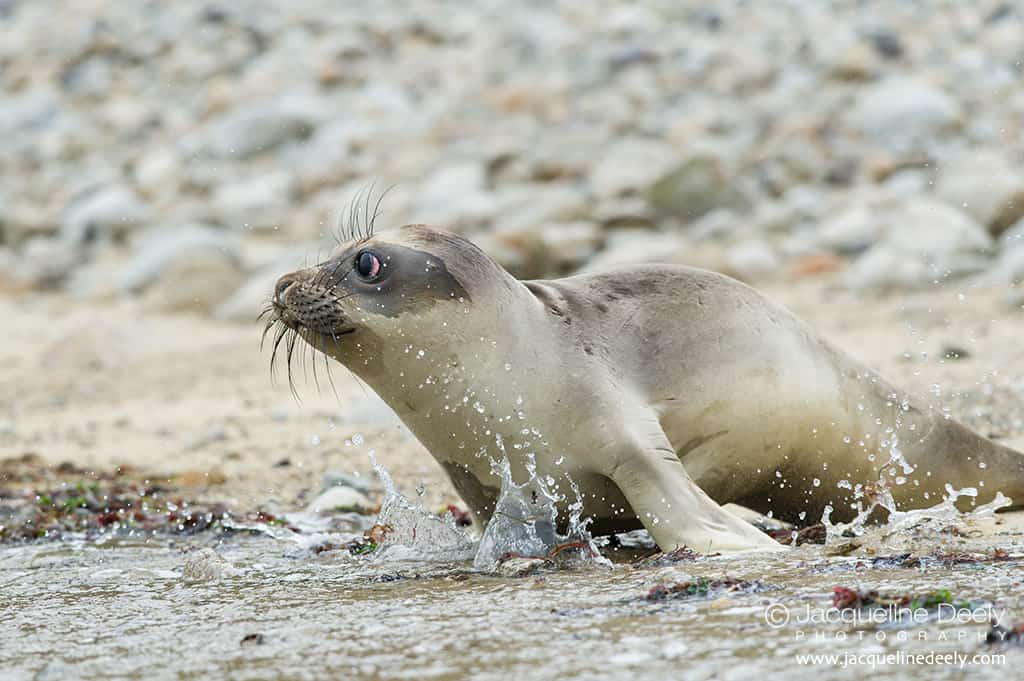








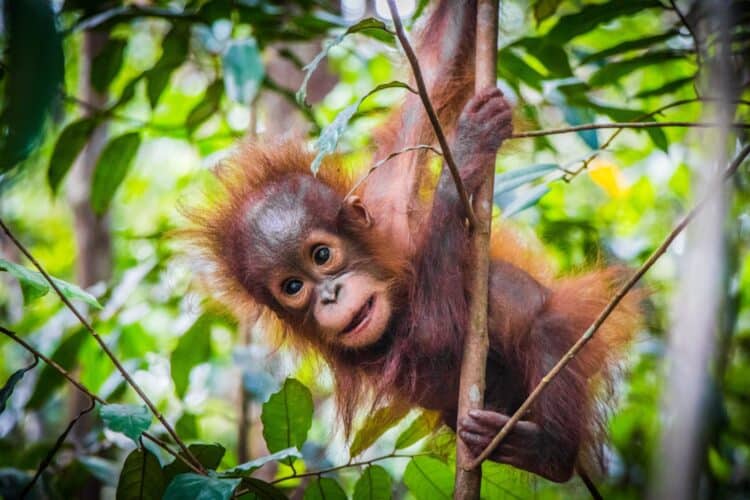
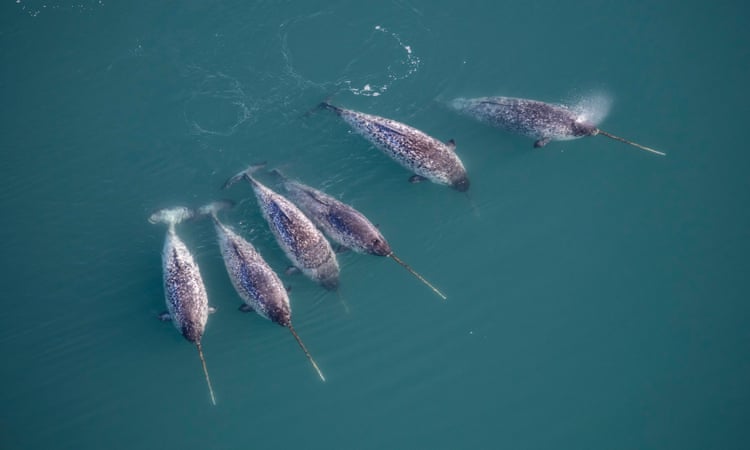
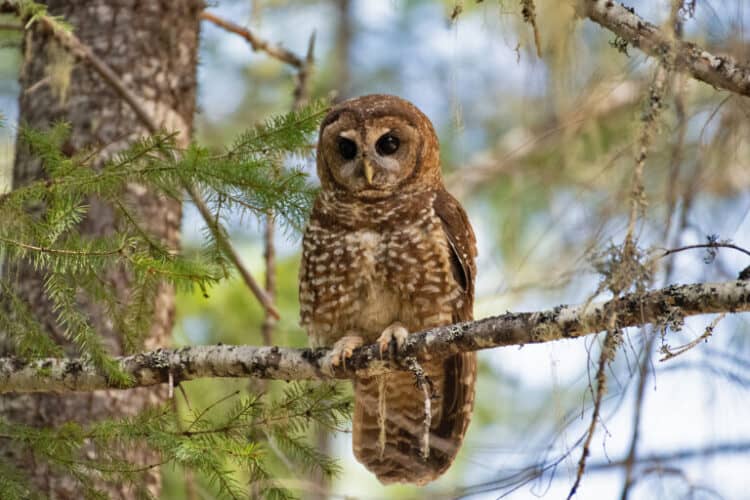

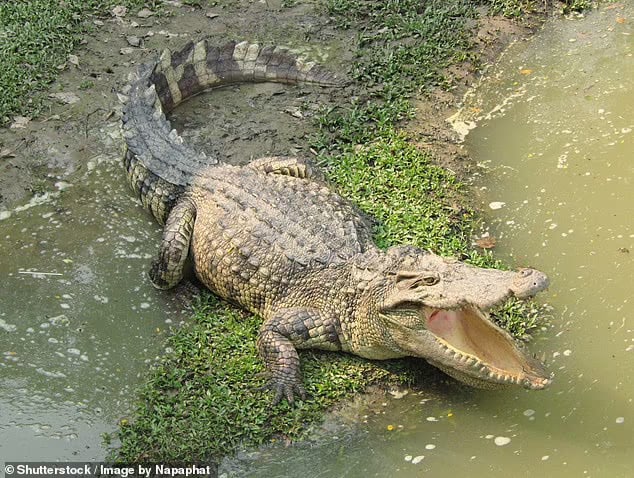
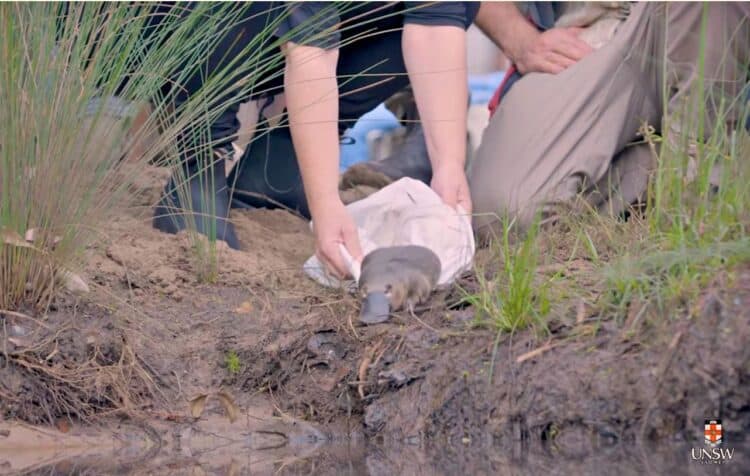
Leave a Reply